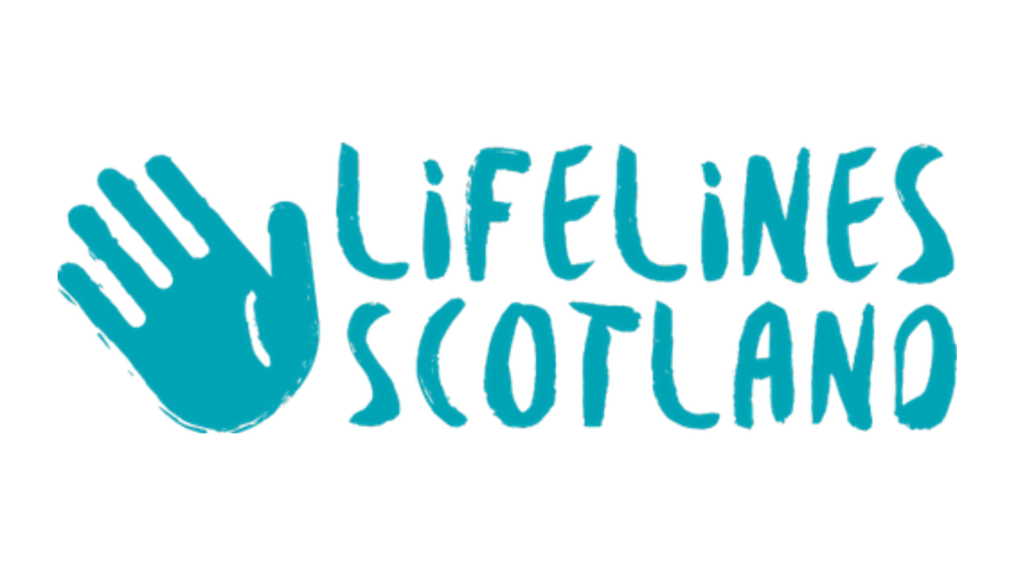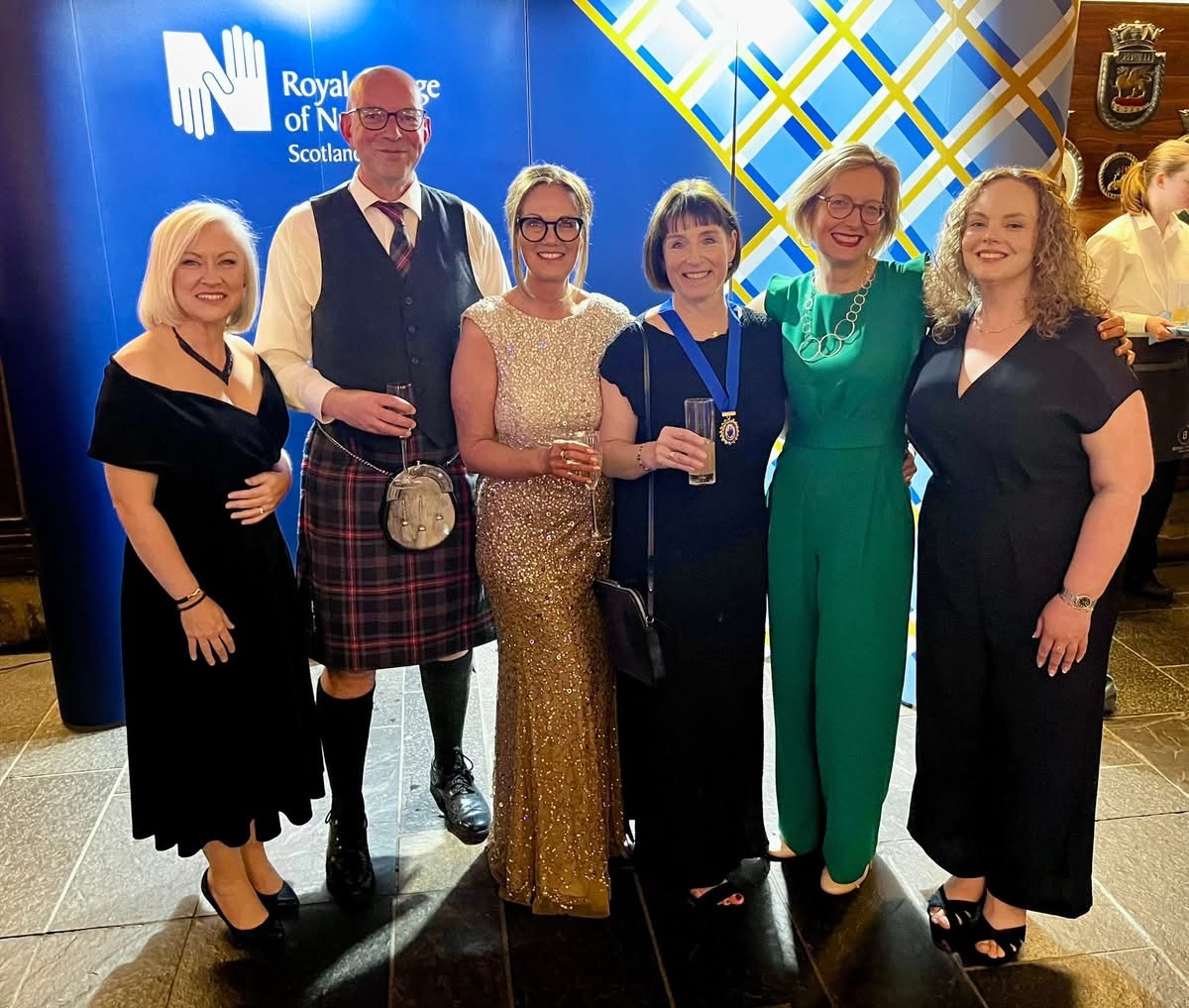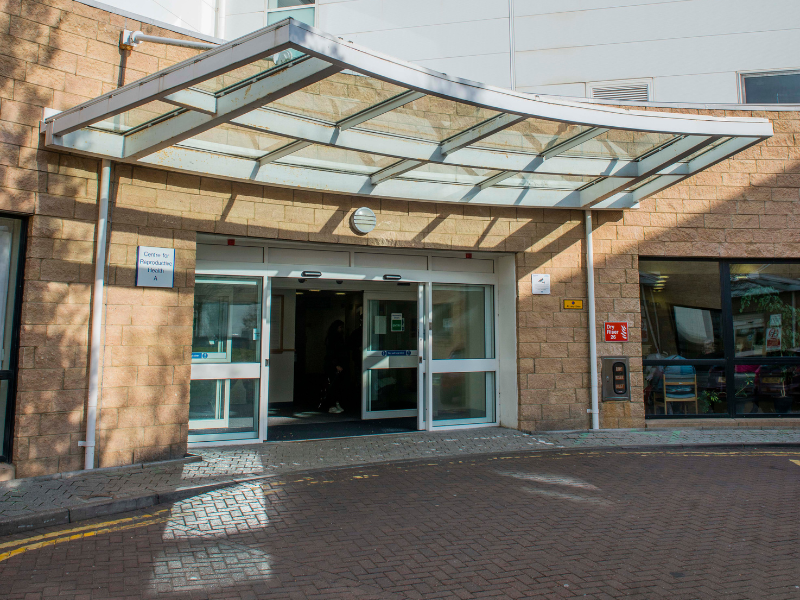The NHS Lothian run Lifelines Scotland project, a dedicated service to promote resilience and wellbeing for emergency responders, was today (Tues 30 May) praised by Minister for Mental Wellbeing, Maree Todd, MSP.
The Lifelines Scotland project was established in 2016 by NHS Lothian’s specialist trauma service, the Rivers Centre, to provide support to voluntary emergency responders. In 2020, the project was extended to Scotland’s blue light services and has been working with ambulance, fire and police to embed an understanding of responder resilience and wellbeing at the heart of these organisations.
Gill Moreton, Lifelines Scotland Project Lead explained that, “The NHS Lothian Rivers Centre team have worked with blue light colleagues for over 20 years and are passionate about supporting the wellbeing of Scotland’s emergency responders
“Across Scotland there are thousands of people who give emergency assistance to their fellow citizens every day. But their jobs can be emotionally and physically demanding, and this is why the Lifelines Scotland project was set up, to support the health and wellbeing of these individuals, who give so much to help others. The Lifelines project works upstream, taking a preventative, early intervention approach. We want to help people access support if they become unwell, but we also want to do everything we can to help them stay well in the first place and have been working with Scotland’s emergency service community to develop web and training resources to help people look after themselves and their colleagues.”
Lifelines is unique in providing a single point of access for all of Scotland’s emergency responders, whether they’re employed, volunteer or have retired, and for their family, friends and other supporters. The Lifelines website is based on the Lifelines 10 Essentials, which recognise that emergency service staff and volunteers are at risk of psychological injury because of their roles, but that injury isn’t inevitable and that there are lots of things that can help to keep people well.
In the past two years the Lifelines team have provided training in self-care and peer and post trauma support to 4,243 emergency service staff and volunteers.
Scottish Fire and Rescue Service Deputy Head of People, Geri Thomson said, ‘’Our Mental Health Strategy aims to create a positive and supportive environment which removes stigma, promotes ongoing self-care, and provides early access to support and professional assistance whenever required.
“As well as offering Lifelines training to all our staff, it forms a core part of the training that we provide to our network of 160 volunteer Mental Wellbeing Champions.
“People in the emergency responder community are more likely than others to face mental health problems, but are less likely to seek support. Now more than ever, we need to recognise that it is OK not to be OK and projects like Lifelines are doing a huge amount to support, encourage and normalise these conversations.”
Minister for Mental Wellbeing, Maree Todd MSP, who addressed a special conference organised by the Lifelines team and attended by emergency responders said, “Mental health and wellbeing is a priority for the Scottish Government, not only in relation to mental health services for those who need them, but, just as important, in relation to how we improve wellbeing and prevent illness. I’m pleased to have the opportunity to acknowledge and highlight the role of Lifelines in supporting the wellbeing of emergency service staff and volunteers and to acknowledge the key role which they have in protecting the public. It is important that we are able to look after those who look after us in a time of need.”
The Lifelines website is open to all and can be accessed at https://www.lifelines.scot/
Lifelines #10 Essentials
- We all have mental health and responders are not invincible.
- Emergency responders are at risk of psychological injury. It’s an occupational hazard.
- Health and safety assessments should include psychological risk.
- Getting psychologically injured doesn’t mean you’re weak or a failure.
- Psychological injury is not inevitable. Most responders, most of the time, will cope well.
- Psychological injuries can heal.
- Stigma stops people getting help.
- Workplace stress is as big a threat to wellbeing as trauma exposure.
- Good management and leadership protects responders.
- Support from colleagues, family and friends keeps responders well.






















